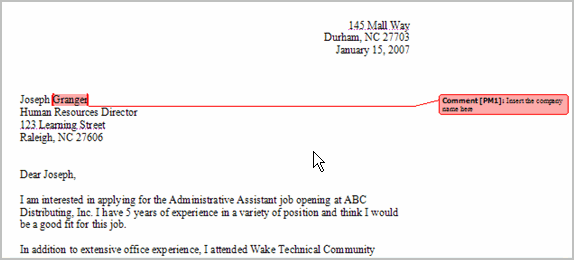
In the Paragraph section, click the drop-down arrow next to the Borders icon. On the table, place the cursor at the cell to create diagonal line, then go to tab Home. Insert diagonal line in word using Borders. Insert diagonal line in word Using Draw Table tool. Group the line and the text box so that they are treated as a single unit. Position the text box so it is directly over the line and make sure it is aligned both horizontally and vertically with the line. You should then adjust the text box so that whatever it contains is centered both vertically and horizontally. Then, place your word in a text box and format the text box so it has a white background and no borders surrounding it. Type your word in the cell and adjust the second column's width to provide the desired amount of white space at both sides of the word.įinally, you could create the desired lines by simply drawing a single horizontal line that extends from the leftmost part of the left line to the rightmost part of the right line. Format the single cell in the second column so that it has no borders and that whatever you type in it is both vertically and horizontally centered. You now have two rows in the first column, one row in the second column, and two rows in the third column. Then, select and merge the cells in the center column. In the first and third columns, format the cells so that the only borders visible are those between the first and second rows. You can then adjust the various formatting settings with the table (including cell size and table positioning) to get exactly the look you want.Īnother idea is to again use a table, but this time create a table that is two cells high by three cells wide. (In the Borders and Shading dialog box, click the Horizontal Line button and select the line you want used.) In the center cell type the word you desire. In the outermost cells of the table insert horizontal lines. It should be fairly close to center of the text (vertically), as well.Īnother approach is to use tables to position your text and lines. Since the strikethrough goes through spaces, it looks just like a horizontal line. Then, select the last eight spaces and do the same. Select the first eight spaces and apply strikethrough formatting. For instance, type ten spaces both before and after your word. The strikethrough feature can also be used to add the horizontal lines. These steps work fairly well for most fonts the em-dash is centered vertically by default. Follow steps 1 through 5 to insert the same number of em-dashes again.Type a space, your word, and another space.Click the insert button three or four times, depending on how long you want your line to be.Choose Em Dash from the list of characters.The Special Characters tab of the Symbol dialog box. Select the Symbol option from the Insert menu.If you prefer, you could try the following general steps instead: It can be intimidating to set tab stops in this manner, but you can get some great-looking results. Adjust the tab stop positions (dragging them around on the ruler is a good way) so that your word and lines appear as you desire.14 Select the last tab on the line and repeat steps 9 through 13.Using the By box (to the right of the Position drop-down list) specify either four or five points.Using the Position drop-down list, choose Raised.The Character Spacing tab of the Font dialog box. Make sure the Character Spacing tab is selected.Select the Font option from the Format menu.(This is actually the second tab on the line. Select the first tab character that uses the underline leader.You should now see a rough approximation of your lines and word.



Position the insertion point on an empty line (paragraph) where you want your lines and word.One way is to use formatted tab stops to add the horizontal lines. As with many tasks in Word there are several different approaches you can take to the problem. Getting those lines to be vertically centered relative to the word can be a challenge, however. For instance, you might want to create a page title by adding horizontal lines at the left and right of a word. Word allows you to easily add all sorts of flourishes to the text in your document.


 0 kommentar(er)
0 kommentar(er)
